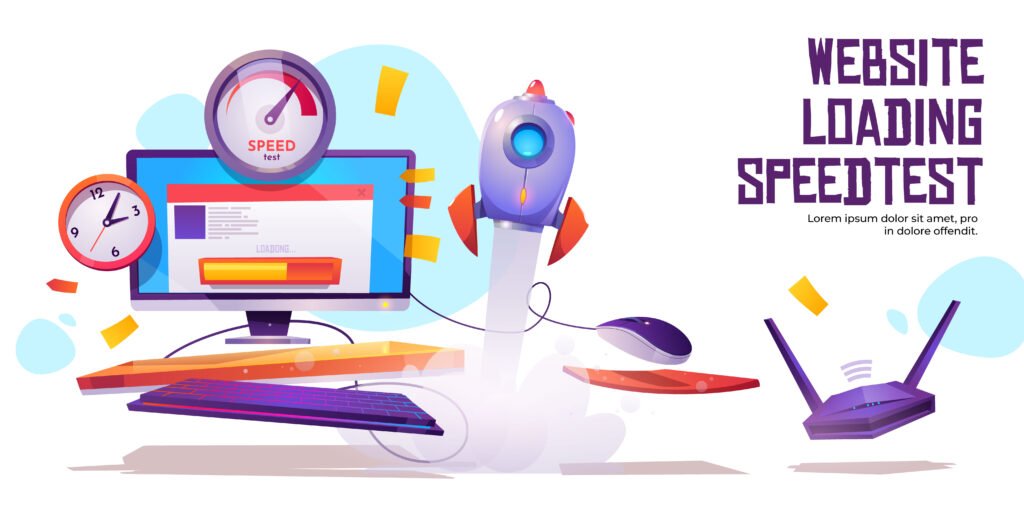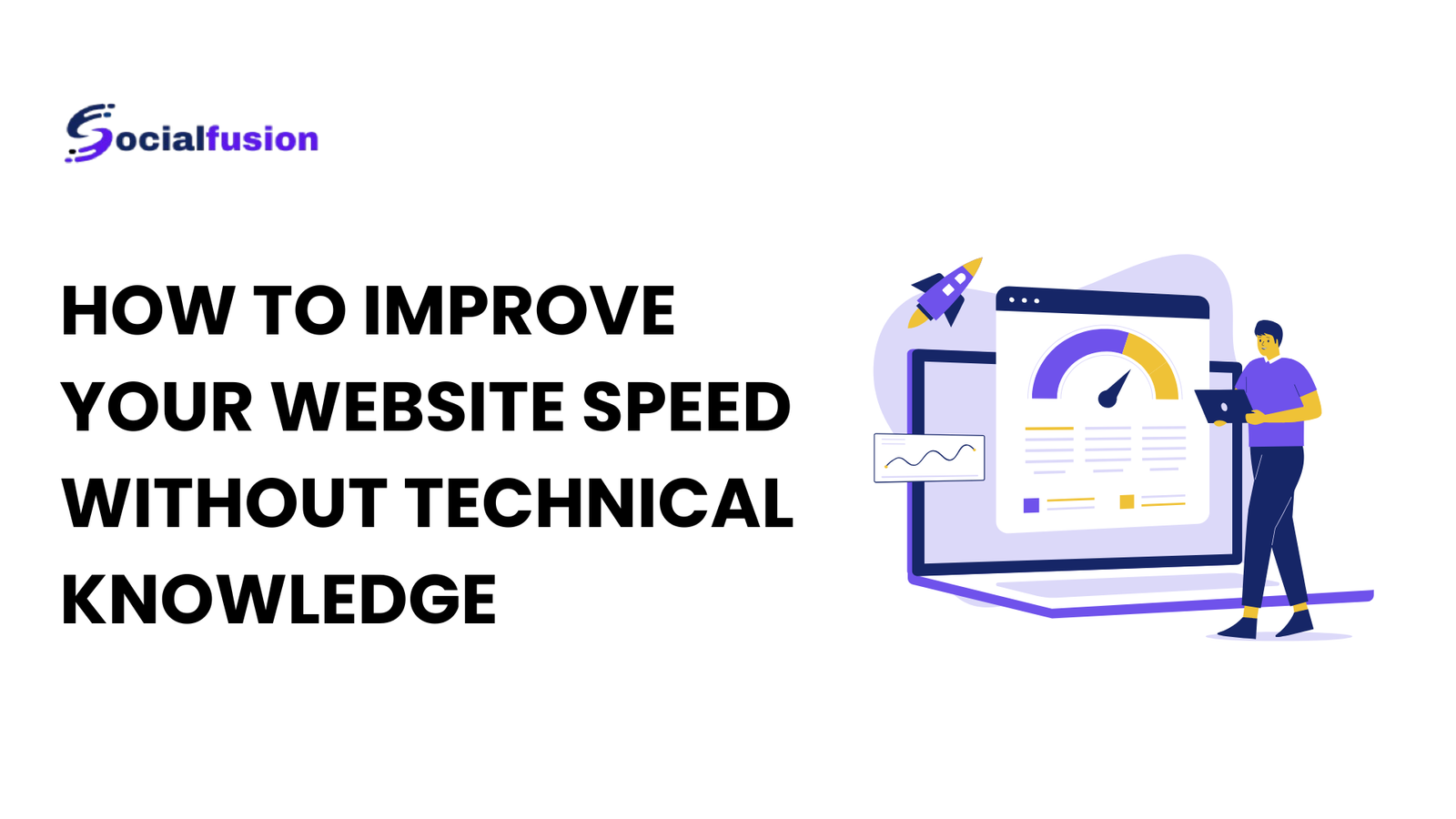A fast website makes people happy. It loads quickly, works smoothly, and keeps visitors interested. But many people think speeding up a website requires coding or technical skills. That’s not true.
You can make your website faster even if you don’t know anything about code. In this guide, you’ll learn easy ways to improve your website speed without technical knowledge, and also support your link building and SEO strategy at the same time.
Why Website Speed Is So Important for SEO and Link Building
Website speed is more than just how fast a page opens. It affects user experience, Google rankings, and link building performance. When your site loads slowly, people leave quickly. This increases bounce rate and hurts your rankings.
Also, slow pages reduce the value of your backlinks. Even the best link building services won’t help if visitors don’t stay. A fast site keeps users happy, helps with SEO, and makes your link building strategy stronger.
Choose a Lightweight Theme (No Tech Skills Needed)
If you’re using WordPress or another CMS, the theme you use matters a lot. Some themes look nice but are full of heavy code, animations, and images. These make your site slow.
To fix this, choose a lightweight theme like Astra, Neve, or Hello Elementor. These themes are built for speed and SEO. They are also easy to set up, even for beginners. You don’t need any coding, just install and use.
When your site runs on a clean, light theme, it loads faster and performs better with Quality links and search visibility.
Always Compress Images Before Uploading
Large image files slow down your site more than anything else. But you can fix this easily using free online tools.
Before uploading an image:
- Use TinyPNG or ImageCompressor to make the file smaller
- Choose the JPG or WebP format
- Resize the image to match your layout (don’t use huge pictures)
Faster-loading images help your site perform better in both speed and SEO tools, and also give a good experience to users clicking through your backlinks.
5 Free Tools to Check Your Website Speed
You don’t need to be a developer to test your site speed. These tools are free and super easy to use:
- Google PageSpeed Insights – Checks mobile and desktop speed separately.
- GTmetrix – Gives a clear speed score and loading breakdown.
- Pingdom – Tests your site from different locations around the world.
- WebPageTest – Offers advanced speed test features for free.
Just copy your website link into these tools and you’ll get clear tips—no technical skills needed.
Remove Unused Plugins and Widgets
Many people install plugins and forget about them. But old, unused, or heavy plugins can slow down your site. You don’t need a developer to clean them up.
Go to your website dashboard and:
- Deactivate plugins you don’t use
- Delete plugins that do the same job as another
- Keep only those needed for SEO and performance
- Avoid using multiple pop-up or design plugins
This helps your website become lighter and faster, making every page load better for visitors and helping with easy link building tips and SEO rankings.
Fix Broken Links and Reduce Redirects
When users or search engines visit broken links or multiple redirects, your site slows down and loses trust. This can be fixed with tools or plugins, no need to touch any code.
You can:
- Use the Redirection plugin on WordPress
- Update your old pages or delete useless ones
- Keep your internal linking structure clean and short
Faster, error-free pages help you make better use of the links you get from your best link building services

Use a Caching Plugin to Boost Speed Quickly
Caching is a way to save and show your page faster when someone visits. With caching, the browser doesn’t need to load the full site every time.
Just install one of these beginner-friendly caching plugins:
- WP Fastest Cache
- LiteSpeed Cache
- W3 Total Cache
Most of them work right after activation. You don’t need to set anything complex. Caching can make your site load up to 2x faster, improving both SEO and backlink performance.
Limit Content on the Homepage
Your homepage doesn’t need to show 50 blog posts or too many sections. The more content you load at once, the slower your site becomes.
To make your homepage faster:
- Show only 5 to 10 recent posts
- Avoid auto-play videos or large banners
- Remove extra pop-ups and sliders
- Keep things clean and simple
A lighter homepage is good for visitors who land there from internal links, guest posts, or search engines.
3 Non-Tech Tricks to Keep Speed High
Let’s quickly go over three easy tricks you can use to speed up your site:
- Use lazy loading for images – Loads pictures only when needed.
- Disable emojis and extra scripts – Saves space and time.
- Turn off unused post revisions – Stops WordPress from saving every edit.
These tricks don’t require coding and work well for any beginner.
Conclusion: Fast Website, Stronger SEO and Link Building
You don’t have to be a developer to make your website faster. Just using smart tools, cleaning your site, and compressing images can make a big difference. When your website is fast, everything works better—SEO, user experience, and link building.
Here’s a quick recap:
- Choose light themes
- Compress images
- Remove extra plugins
- Use caching
- Fix broken links
- Keep things clean and simple
These steps will not only speed up your site, but also help your link building strategy, improve your search rankings, and make users happy.

